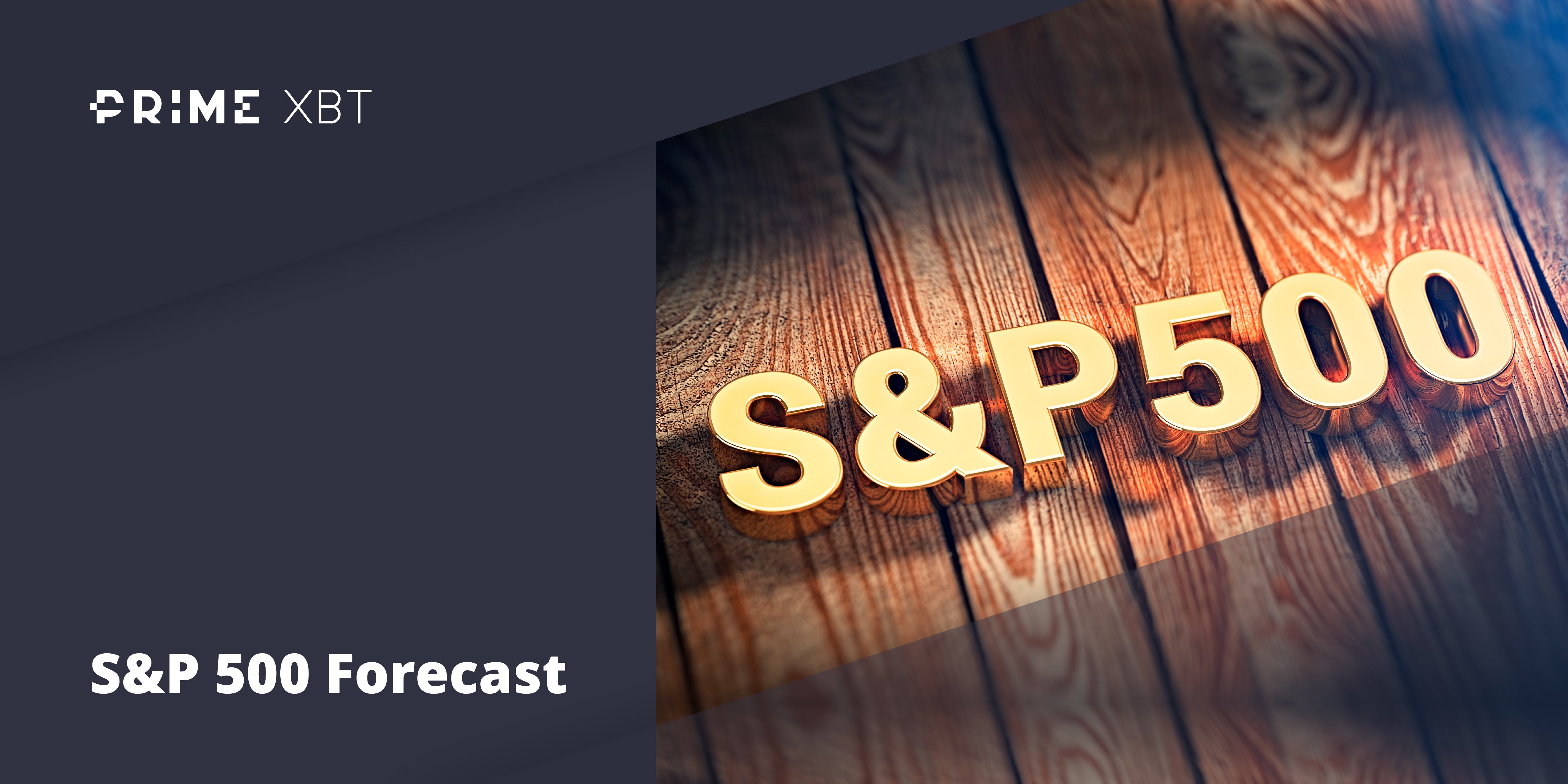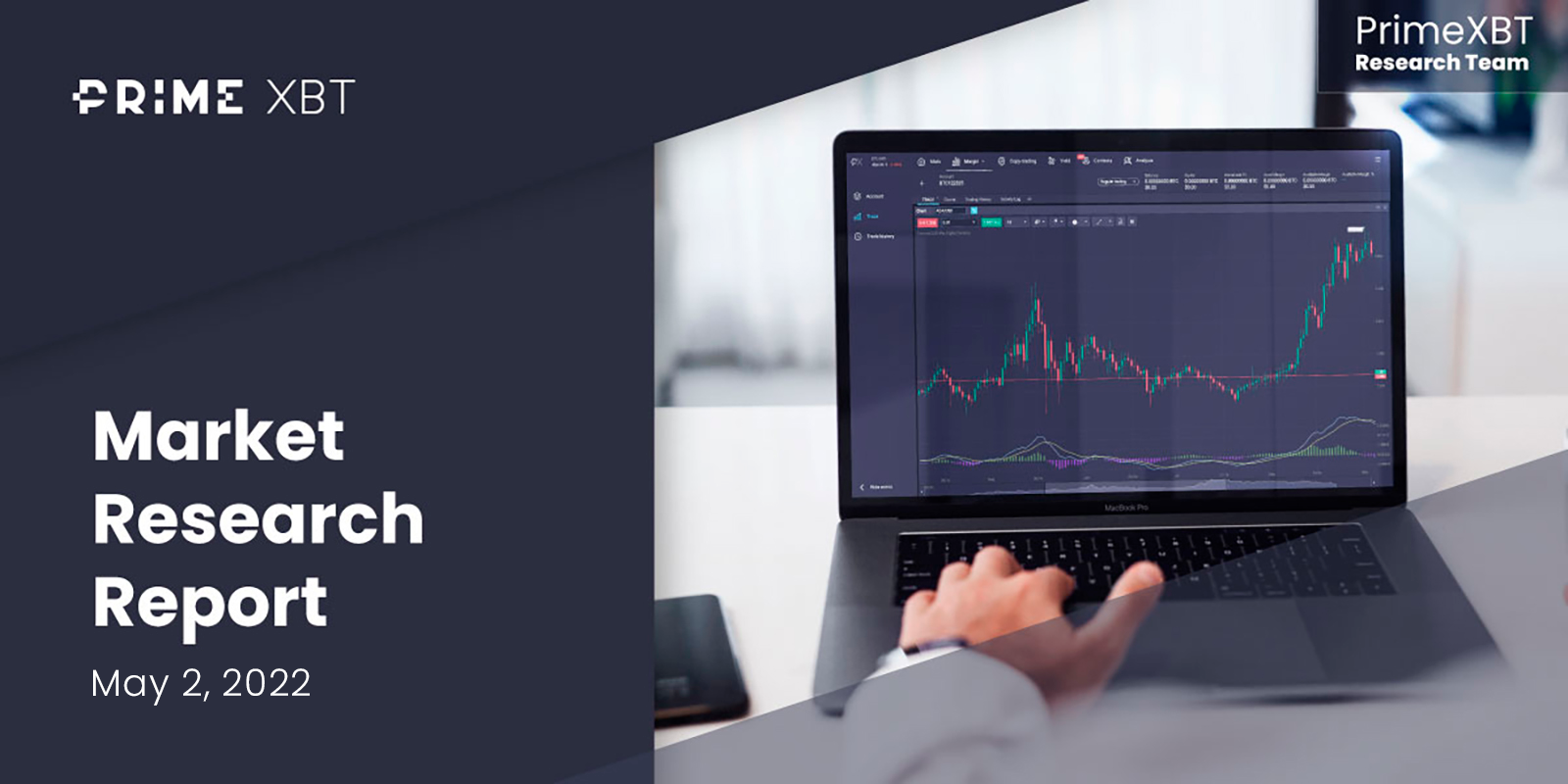When it comes to approaching the stock market, there are so many different options across so many different countries, and of course with so many different publicly listed companies. This can be quite intimidating and difficult to follow as certain companies can be affected differently, but there are other options which are seen as much safer bets.
Many traders like to look at major stock indices when they come to trading as the idea of an index is that it groups some of the bigger, better, and more well-performing together so that their gains are spread across, and their losses are mitigated somewhat.
One of the most popular stock exchange indexes is the S&P 500. This is a stock market index that measures the stock performance of 500 large companies listed on stock exchanges in the United States. It is one of the most commonly followed equity indices, and many consider it to be one of the best representations of the U.S. stock market.
Because of this, the S&P 500 is often followed to determine the health of the stock markets in the USA, but globally as well seeing as many of the companies in the 500 have a strong influence over the global markets. The reason why this index is such a powerful one is that the companies involved have a huge sway on the market, but it is usually in an upward trend, which is positive for investors.
S&P 500 Forecast: For 2021 And Beyond
2021 is always going to be an interesting year across the entire trading space because of the unprecedented impact of the Coronavirus which has had a massive impact on the entire globe, from the markets to the economy, to the health sector and even the public liberties of almost every country.
But, it is also worth looking into where the S&P 500 was coming into the year with a new President taking office and things starting to reopen, because this paints an interesting picture of what the rest of 2021 may look like, and in fact what the future holds as this year will more than likely be a defining one.
In 2020, the stock market was setting new record highs, but most gains were eliminated in March due to the Black Thursday panic selloff.
The fall induced from the Covid-19 pandemic took the S&P 500 level to a level that has not been seen since late 2016, but, falls like this are not always the worst thing as they offer opportunities to get into the market that is set to climb again, and that is evident in how the market is currently moving.
However, the S&P 500 has since recovered to new highs throughout the rest of 2020 and into 2021. Does the market make an even higher recovery from here, or does another selloff occur?
S&P 500 Historical Overview
The S&P 500 has become a popular investing index since its initiation in 1957. It was introduced by Standard & Poor’s in 1957 as a stock market index to track the value of 500 large corporations listed on the New York Stock Exchange (NYSE) and the NASDAQ Composite.
What the history of this index shows is that because it is somewhat of a representation of the health of the American economy and space, it is often influenced by factors that affect the entire country. For example, during its first 10 years, the value of the index rose to nearly 700 points, reflecting the economic boom that followed World War II.
But, from 1969 to early 1981, the index gradually declined where it fell to a point under 300 with the US economy struggling with stagnant growth and high inflation.
So, this index really is a bit of a bellwether of the US economy and this is important to note because when things are going well for America, the index will be higher, but if the opposite happens, things can go the other way.
The index opened at 386.36 points and as explained it has risen to over 700 points after the war, and slumped back down again in economic stagnation. But, from 1982 to 2000, stock market prices rose and the S&P 500 climbed 1,350%. The factors that contributed to the rise in stock prices were things like interest rates trending lower, strong global economic growth as a result of increasing levels of globalization, a rise in the middle class, technological innovations, a stable political climate, and falling commodity prices.
Current S&P 500 Index
If we look at the current situation of the S&P 500, the COVID selloff looks like a tiny blip from where the index’s prices used to be. A pullback has the index down to 4300 off the high of about 4530.

Top Factors That Impact S&P 500 In 2021 & In Future
It is probably a good time to delve deeper into the factors that have been known to influence the S&P 500 as we have come to the understanding that what is bad for the US economy is bad for the index, but there is a lot more to it than that.
The stock markets are easily influenced by negative and positive news as these impact the companies involved in the market and their possibility of being profitable. So, there are three key factors in just the last year or so that have made major impacts on the charts.
The Federal Reserve, which is the department that controls the money, and basically the economy, can have a huge role to play in the way the stock markets move. Through 2020, the Fed started taking a patient, dovish stance, which meant that interest rates were halted, then lowered.
Then, this was taken a step further with the Covid-19 panic as the Fed started printing more money and slashed interest rates again. With rates on the low, credit card borrowing rates will stabilize, and flat mortgage rates will be welcome for buyers.
Lower rates are known to make stocks more attractive as investments because of the opportunity cost of owning fixed income assets. This has been a major boost for the S&P 500 index.
However, signs that inflation is forcing the Fed to take an increasingly hawkish stance is making for an interesting situation and increasing fear in the market.
S&P 500 Forecast 2021
The S&P 500 has historically done well for investors, and given the ongoing stimulus efforts, should continue to do so. Analysts expect the popular US stock market index to continue to grow in 2021 after bumpy 2020.
Tom Lee, Head of Investments at Fundstrat Advisors expects the S%P 500 to rise another 7% in the back half of 2021 despite it being a choppy ride. Lee cites “a litany of reasons to stay constructive,” according to a CNBC report.
CNBC Mad Money host Jim Cramer also sees upside ahead.
“The charts, as interpreted by Carolyn Boroden, suggest that the S&P 500 is done getting slammed, with more upside ahead. I share Boroden’s positivity on the market in general … especially now that the recent shakeout has wrenched so many weak hands out of the market.”
Investors are bullish too. A Bankrate survey of investors suggests that the S&P 500 will rise over 9% in the coming year.
Future S&P 500 Predictions
Looking beyond 2021, there is bound to be some real movements in the stock markets as volatility is increasing.
S&P Predictions For Next 5 Years (Until 2025)
Almost all longer term predictions for the stock market hinge upon more federal stimulus money inflating equity prices further. The ongoing bubble could continue on for several years as the monetary supply expands and the dollar and other fiat currencies weakened due to inflation.
This could support ongoing annualized growth in the S&P 500 as investors have come to know. The chart below shows that stimulus money has kept the stock market’s parabolic curve intact, however, another breakdown is possible as the past has shown. If this happens, more stimulus money will likely be used to keep the stock market afloat.
From a technical structure, the current cycle is nearing completion but may not be done yet.

S&P 500 10 Years Forecast (Until 2030)
Since 1947, the S&P 500 has produced roughly 8% annual gains, suggesting the current environment may be a historically bad entry point for investors. In terms of a price target, Bank of America is targeting S&P 500 4,100 to 4,500 by 2030, between 47% and 61% overall upside over the next 10 years.
Summary: What is the future of the S&P 500
While things seen relatively poor for the S&P 500 as things stand because both the markets and the economy are in a position that is not very fruitful for growth, there is a positive side to it. The drop seen in the market correlates to the impact on the economy, but the pandemic is already showing signs of letting up and recovering and this will mean a return to strength for the S&P 500.
The knowledge that the economy, and the markets, will recover is almost universally felt, the time it takes and how well it recovers is another thing, but for many traders this represents a perfect time to enter the market and take advantage of the probable upswing in the coming months, if not years.
In order to take advantage of the lows that the market are currently going through and the expected return to new highs after the pandemic, it is a good time to find a platform that offers you the chance to trade the S&P 500 — such as Nexus Investment FX: you can sign up here
| 2021 | 4,750 |
| 2022 | 5,000 |
| 2022 | 3,500 |
| 2023 | 3,750 |
| 2025 | 4,250 |
| 2030 | 6000 |
What determines S&p 500?
The S&P 500, while not a direct reflection of the health of the US economy, has a big correlation to what is happening with the economy as it covers the top 500 companies in the US and their effectiveness is based on the economy.
How often do S&P 500 companies change?
There is no predetermined time for the companies in the S&P 500 to change, but rather there are ongoing changes as companies drop out and then replace them. This is also happening more often than in years past.
Why is the S&P 500 so important?
The S&P 500 is both popular and important as it takes the best companies that an investor can look at investing in and out them in one place. This is easy for investors to invest in successful companies, and the success of the S&P 500 is indicative of the success of big business in the country.
Can you buy S&P 500?
The S&P 500 is not an actual stock that one can invest in, rather it is an index that the investment is made. Instead of purchasing 500+ separate stocks (which are ever-changing anyhow), it's an opportunity to invest in a single fund.
Does the S&P 500 pay dividends?
The S&P 500 index tracks stocks, many of which pay out a regular dividend. The dividend yield of the index is the amount of total dividends earned in a year divided by the price of the index. Historical dividend yields for the S&P 500 have typically ranged from between 3% to 5%.
Risk Disclaimer:
Investing in or trading gold or other metals can be risky and lead to a complete loss of capital. This guide should not be considered investment advice, and investing in gold CFDs is done at your own risk.
The information provided does not constitute, in any way, a solicitation or inducement to buy or sell cryptocurrencies, derivatives, foreign exchange products, CFDs, securities, and similar products. Comments and analysis reflect the views of different external and internal analysts at any given time and are subject to change at any time. Moreover, they can not constitute a commitment or guarantee on the part of Nexus Investment FX. The recipient acknowledges and agrees that by their very nature any investment in a financial instrument is of a random nature and therefore any such investment constitutes a risky investment for which the recipient is solely responsible. It is specified that the past performance of a financial product does not prejudge in any way their future performance. The foreign exchange market and derivatives such as CFDs (Contracts for Difference), Non-Deliverable Bitcoin Settled Products and Short-Term Bitcoin Settled Contracts involve a high degree of risk. They require a good level of financial knowledge and experience. Nexus Investment FX recommends the consultation of a financial professional who would have a perfect knowledge of the financial and patrimonial situation of the recipient of this message and would be able to verify that the financial products mentioned are adapted to the said situation and the financial objectives pursued.




